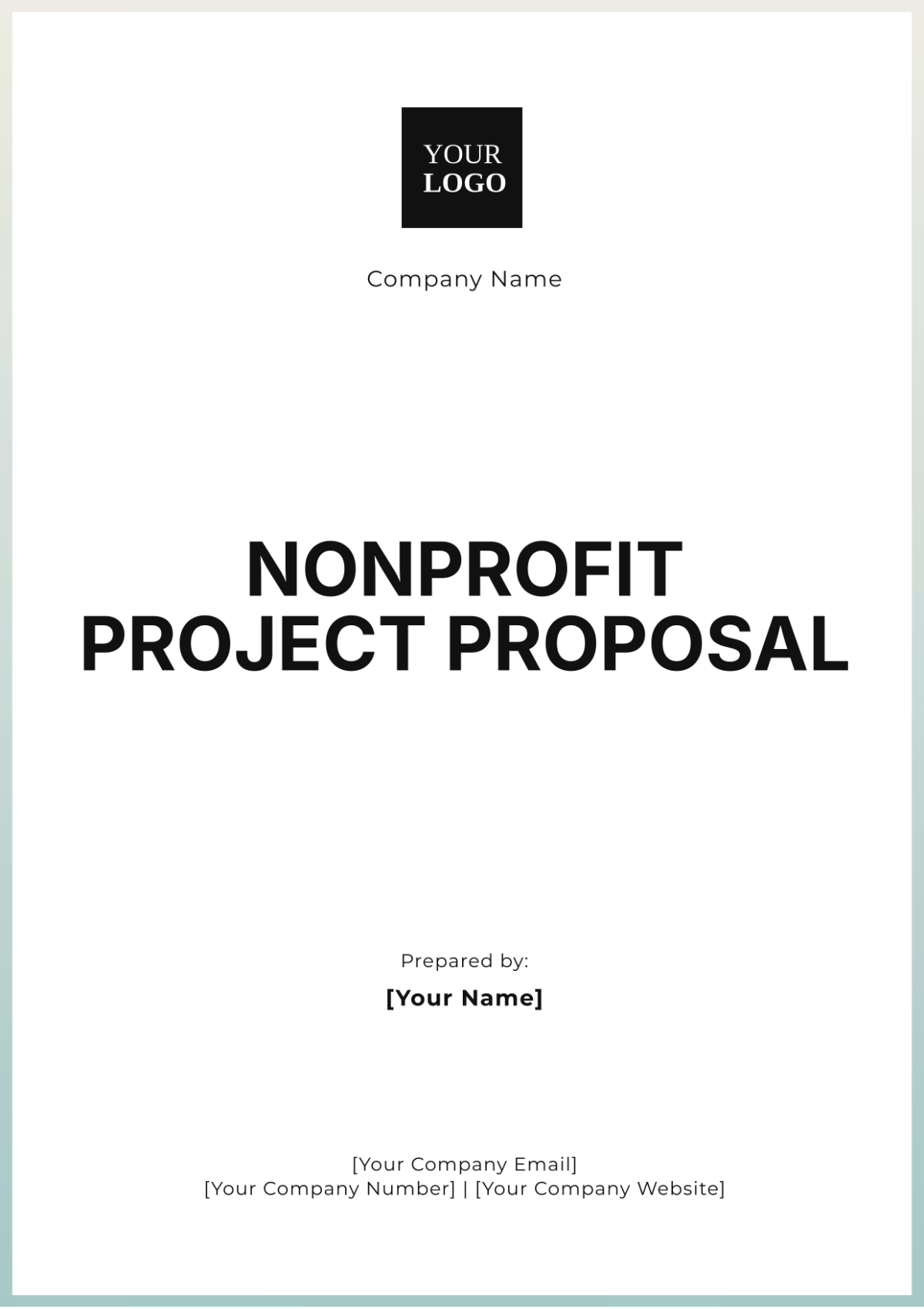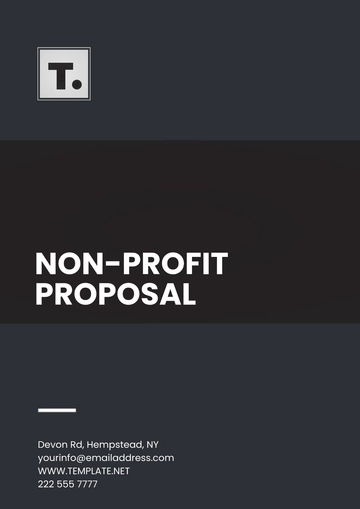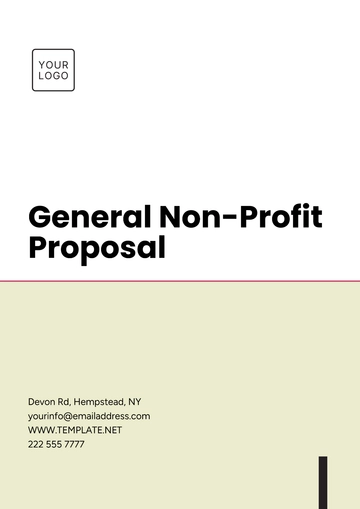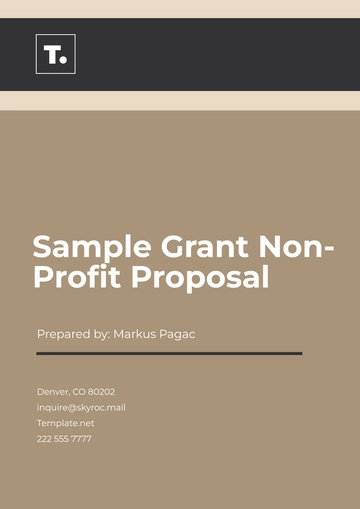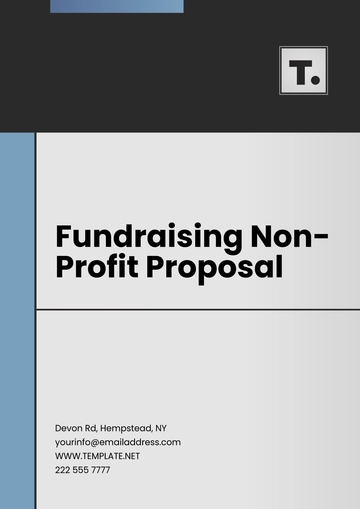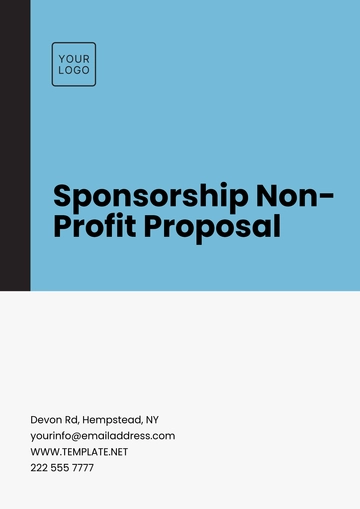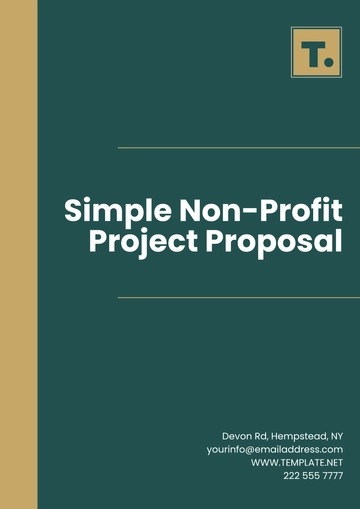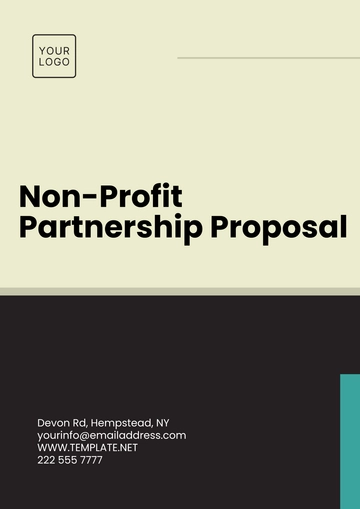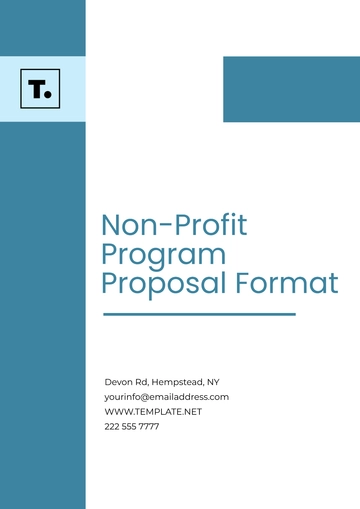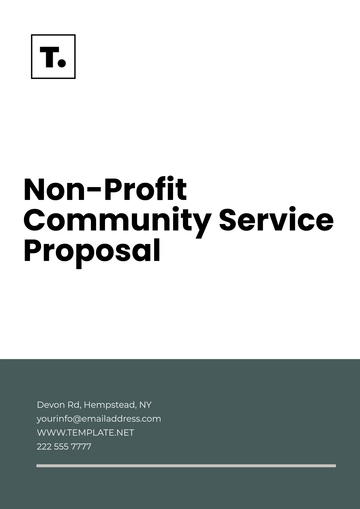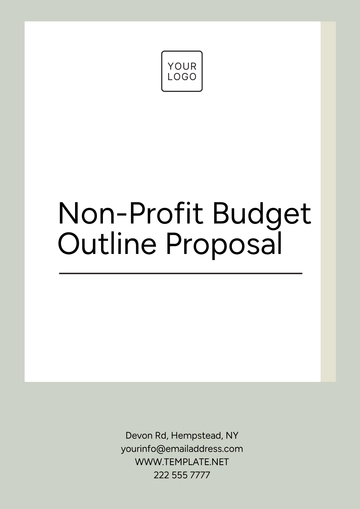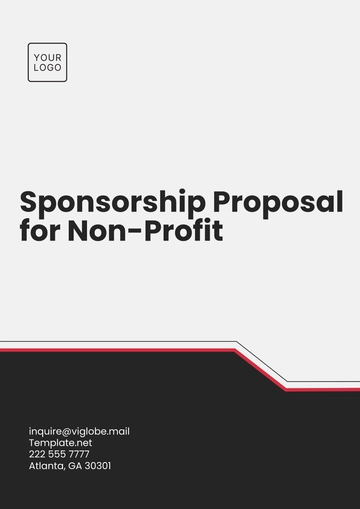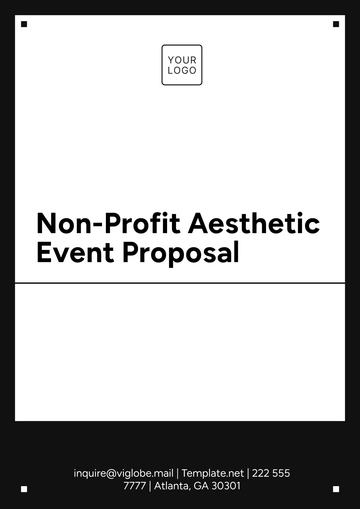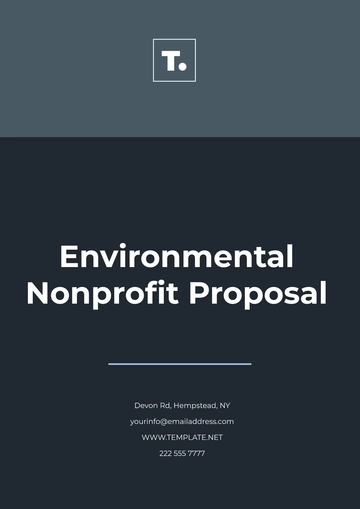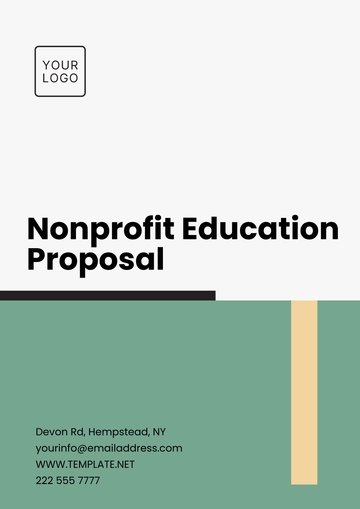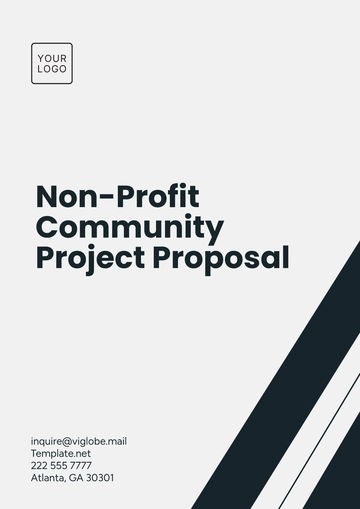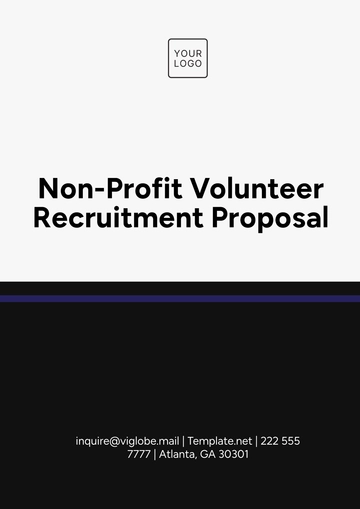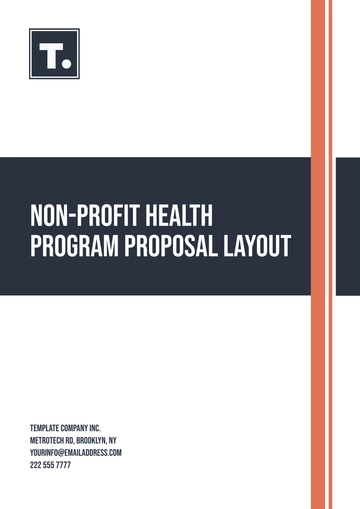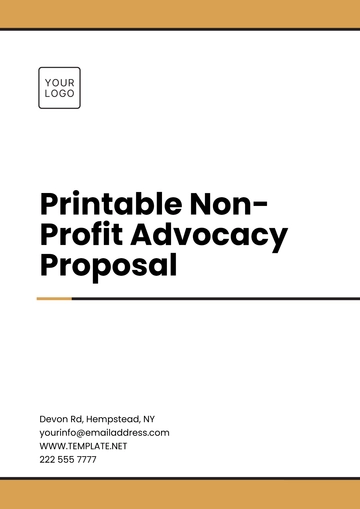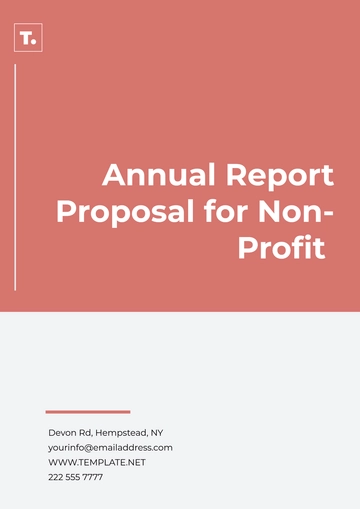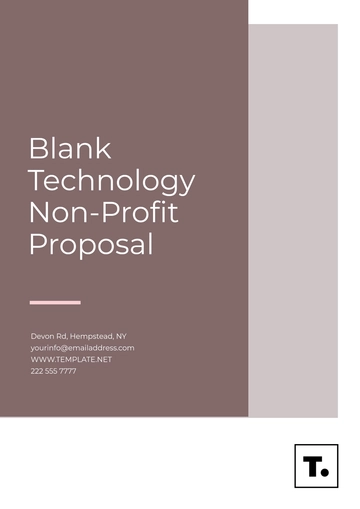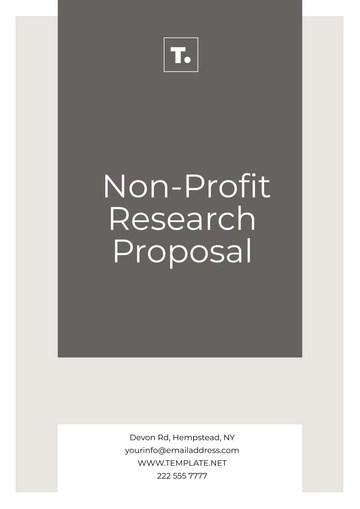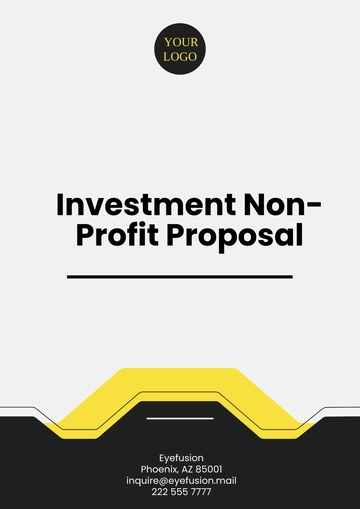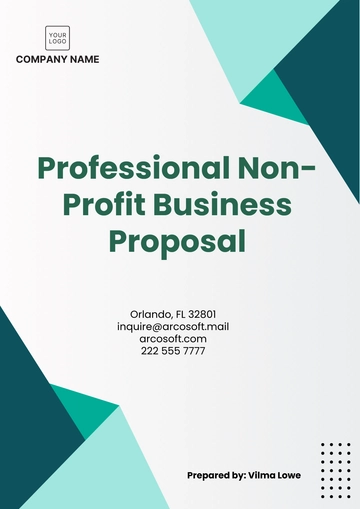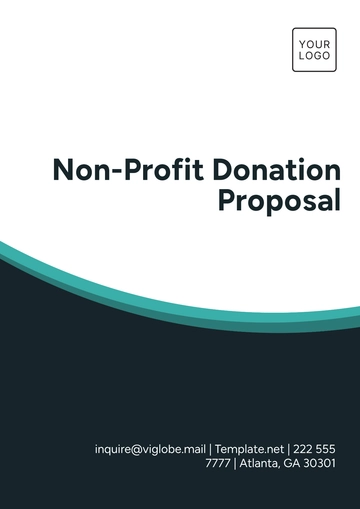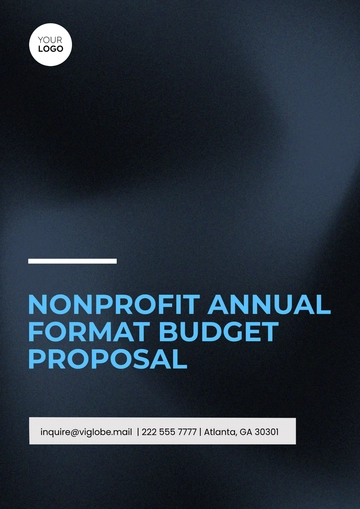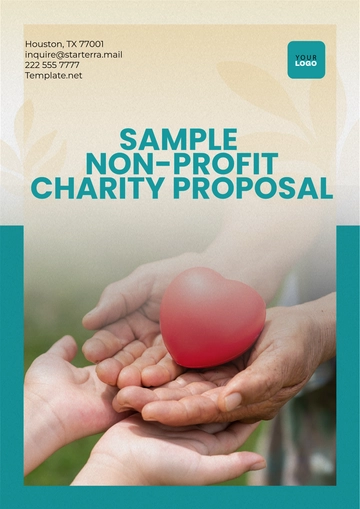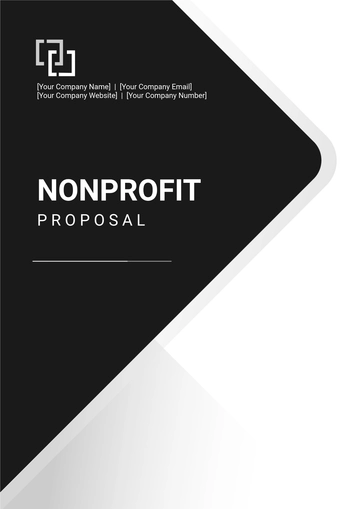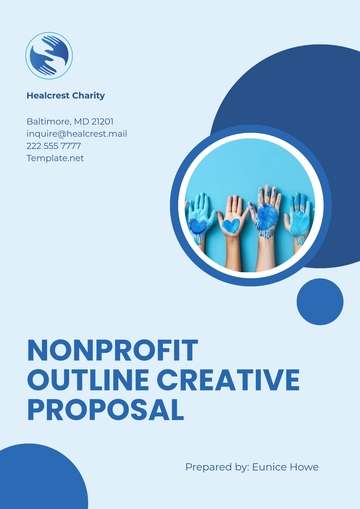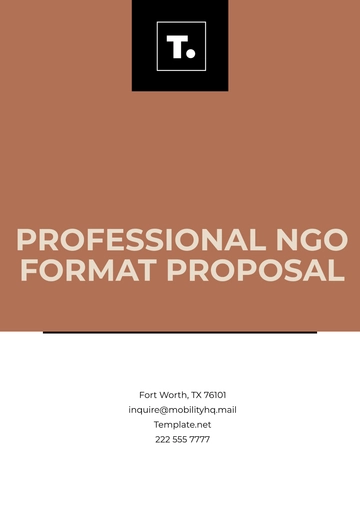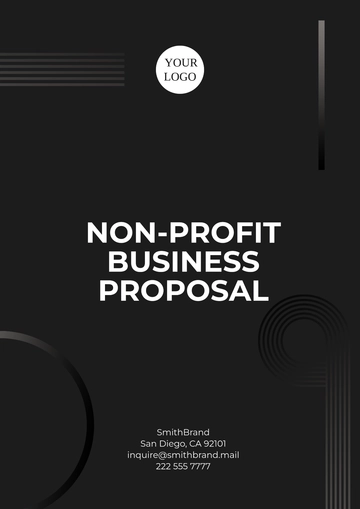Nonprofit Project Proposal
I. Executive Summary
The Community Urban Garden Initiative aims to transform vacant lots in Sustainable City into vibrant urban gardens that provide fresh produce, environmental education, and community engagement. This project seeks to address food insecurity and promote sustainable practices within underserved neighborhoods. The initiative will run from January 1, 2050, to December 31, 2052, to establish five urban gardens, engage over 500 community members, and provide educational workshops throughout the project.
II. Statement of Need
Sustainable City faces a significant challenge with food insecurity, particularly in low-income neighborhoods where residents have limited access to fresh fruits and vegetables. According to the Sustainable City Health Department, 30% of households are food insecure. Urban gardens can address this issue by providing fresh produce and fostering community ties. Additionally, educational opportunities around gardening and sustainability can empower residents and promote healthier lifestyles.
III. Project Description
Goals and Objectives
Goal 1: Establish five urban gardens in food deserts by December 31, 2052.
Objective 1.1: Secure land agreements for five vacant lots by March 1, 2050.
Objective 1.2: Plant the first garden by June 1, 2050.
Goal 2: Engage 500 community members in gardening activities and workshops by the end of the project.
Objective 2.1: Organize monthly community meetings starting April 2020.
Objective 2.2: Offer bi-monthly educational workshops on sustainable gardening practices beginning July 1, 2050.
Target Audience
The primary beneficiaries of this project will be residents of Sustainable City, particularly those living in food deserts, low-income households, and families with children.
Activities and Timeline
January 1, 2050: Project kickoff and community outreach.
March 1, 2050: Secure land agreements for five vacant lots.
April 1, 2050: Begin community engagement meetings.
June 1, 2050: Launch the first urban garden.
July 1, 2050: Start bi-monthly educational workshops.
December 31, 2052: Final evaluation and project closure.
Staffing and Management
Project Manager: Sarah Green, M.S. in Urban Agriculture
Garden Coordinator: John Smith, Certified Master Gardener
Volunteer Coordinator: Lisa White, Community Engagement Specialist
Partnerships and Collaborations
IV. Budget
Personnel Costs: $150,000
Materials (soil, seeds, tools): $50,000
Workshops and Events: $30,000
Administrative Costs: $20,000
Total Budget: $250,000
V. Sustainability
The project will ensure long-term sustainability by establishing community leadership roles within each garden, creating a community garden committee to oversee operations, and developing partnerships with local businesses for ongoing funding and support.
VI. Evaluation Plan
Success will be measured through:
Number of gardens established (target: 5).
Community engagement metrics (target: 500 participants).
Surveys assessing participant satisfaction and knowledge gained from workshops.
VII. Conclusion
The Community Urban Garden Initiative represents a vital step towards addressing food insecurity and promoting sustainable practices in a Sustainable City. We appreciate your consideration of this proposal and look forward to the opportunity to work together in making a lasting impact in our community.
VIII. Appendices
Letters of support from local schools and community leaders.
An organizational chart detailing the project team.
Resumes of key staff members.
Relevant health and demographic research data.
Proposal Templates @ Template.net
